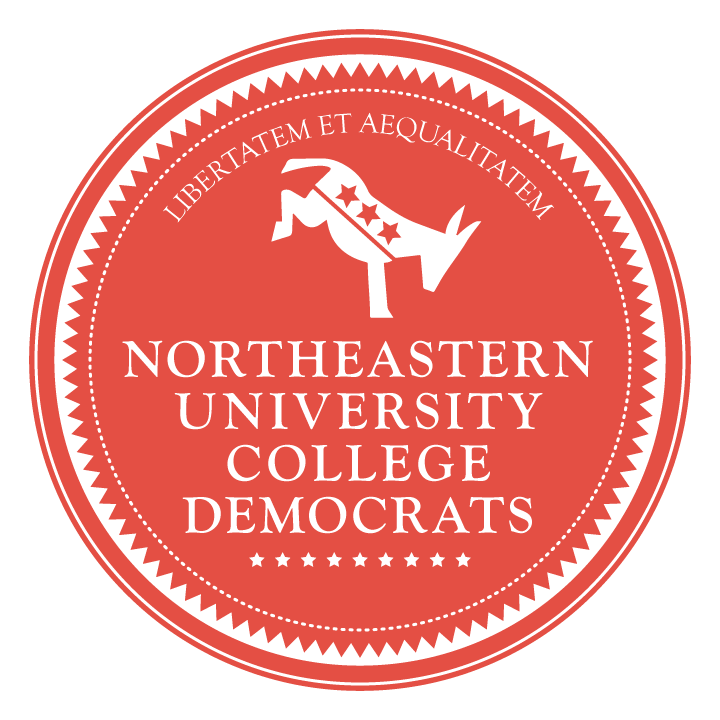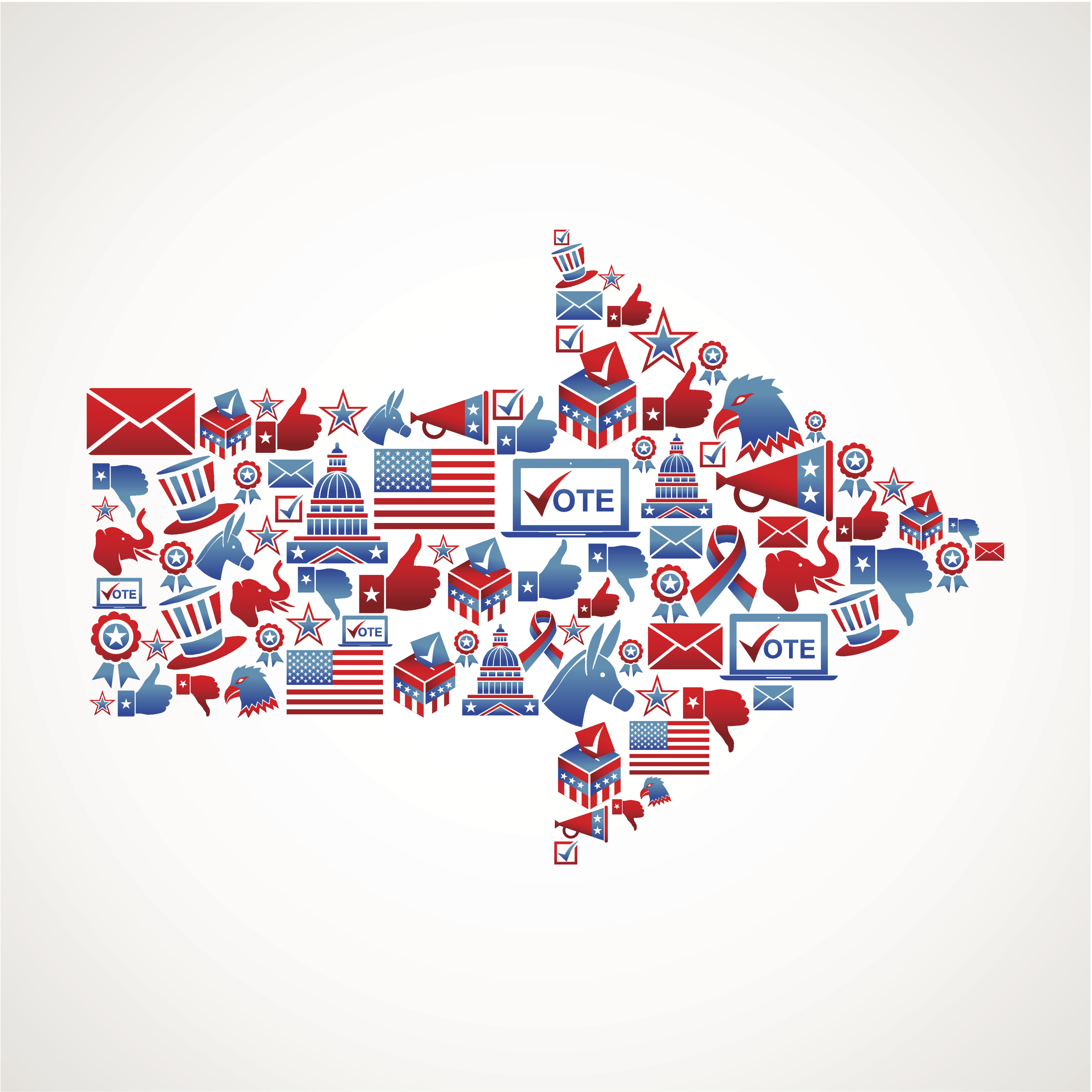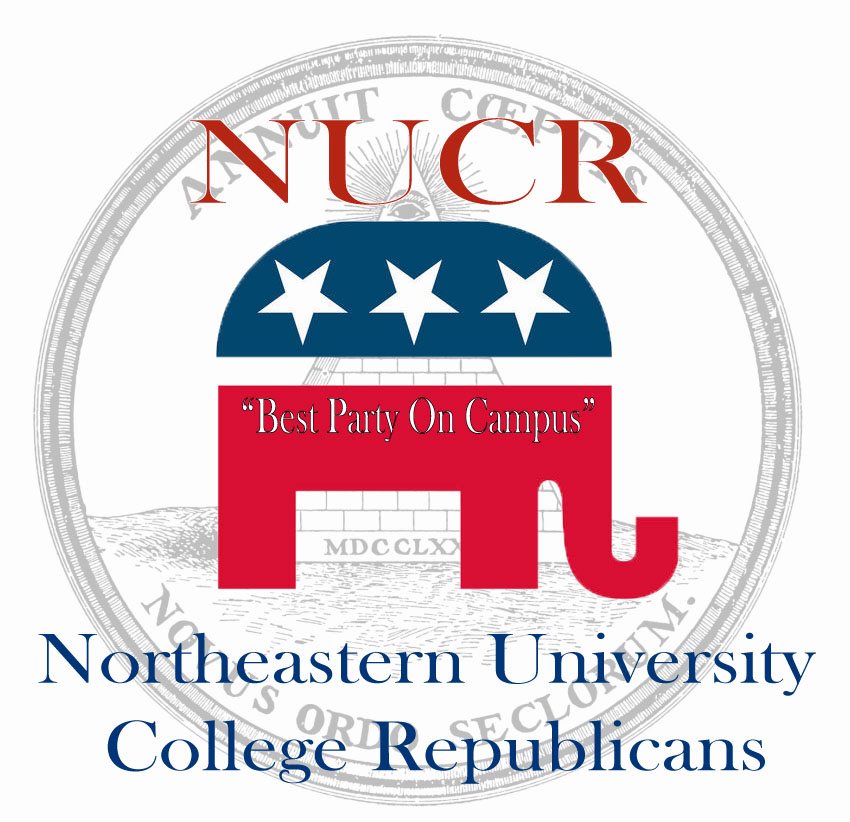As we approach the debt ceiling, we feel it’s important to clarify that the current budget proposal being argued in Congress is a separate issue from the debt ceiling. The debt ceiling addresses incurred spending from previous budgets already passed by Congress. The inability of Congress to compromise on the current budget proposal is preventing them from rationally approaching the issue of the debt ceiling.
An integral component to this debate begs the question of why we even have the debt ceiling. Is it worth the risk? According to a University of Chicago survey of national academic economists, 84 percent of those surveyed agree or strongly agree that, because all federal spending is appropriated by both houses of Congress, and confirmed by the executive branch, “a separate debt ceiling creates unneeded uncertainty, and could potentially lead to worse financial outcomes.”[1] There is only one other country in the world that has a debt ceiling, and that is Denmark. In the past, this has not been a contentious issue in Denmark. However, this is not the case for the United States. When the issue of the debt ceiling arises, Congress willingly threatens a default, which threatens the national and global economy.
The driving force behind the current stalemate is funding the Affordable Care Act. The most rational way to go about this now is to appropriate funds to the Affordable Care Act. The ACA was signed into law in 2010, and since then has been upheld by the Supreme Court and was a key component of Barack Obama’s reelection campaign and platform in 2012. We haven’t had the chance to see full implementation, and the effects it would have on the health care system. Were the effects to be as detrimental as some believe, that would be the time to address the successes or failures of the Affordable Care Act. Placing priority on this over more pressing problems is preventing economic recovery as we emerge from the Global Recession.
The ramification of this shutdown will negatively impact all members of Congress, specifically Congressmen running for reelection 2014. With an all-time low Congressional approval rating of 5 percent, and a disapproval rating of 83 percent, it’s difficult to assume that one party can take the full blame for this predicament.[2] Unfortunately, the moderates of the House will be the most severely penalized, because they come from swing districts. Thus, we will likely be presented with an even more polarized Congress in 2014. We feel it is important to resolve this shutdown as soon as possible to reduce the damage done to the economy, and to restore confidence in our policy makers’ ability to tackle issues facing America.
Northeastern University College Democrats
[1]http://www.washingtonpost.com/blogs/wonkblog/wp/2013/01/15/economists-dont-mess-around-with-the-debt-ceiling/
[2]http://surveys.ap.org/data%5CGfK%5CAP-GfK%20October%202013%20Poll%20Topline%20Final_POLITICS.pdf



